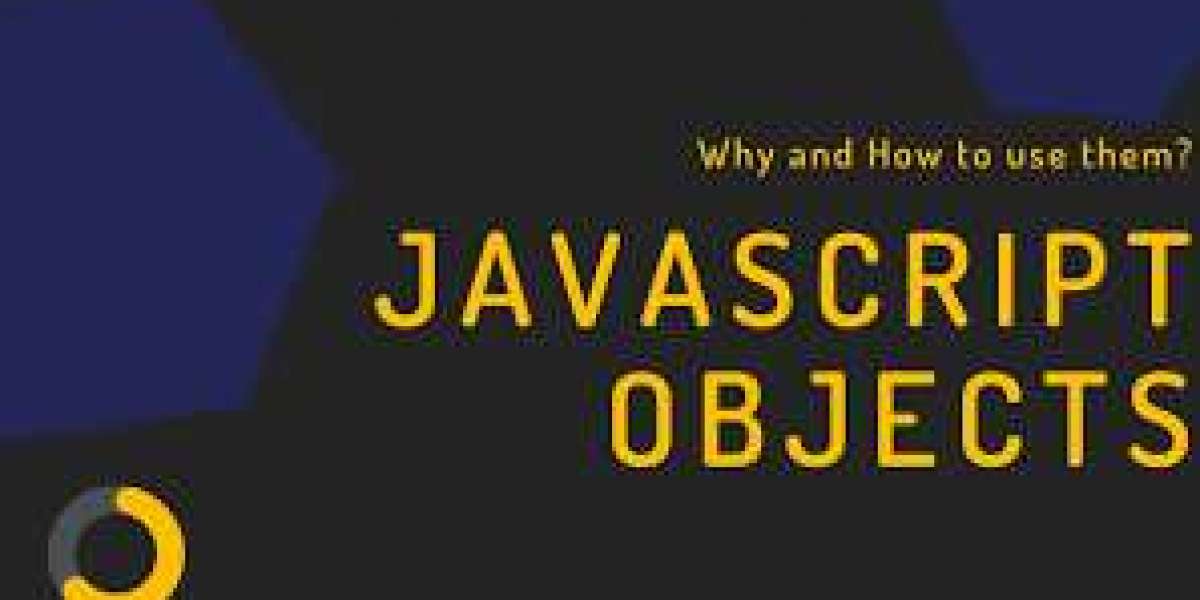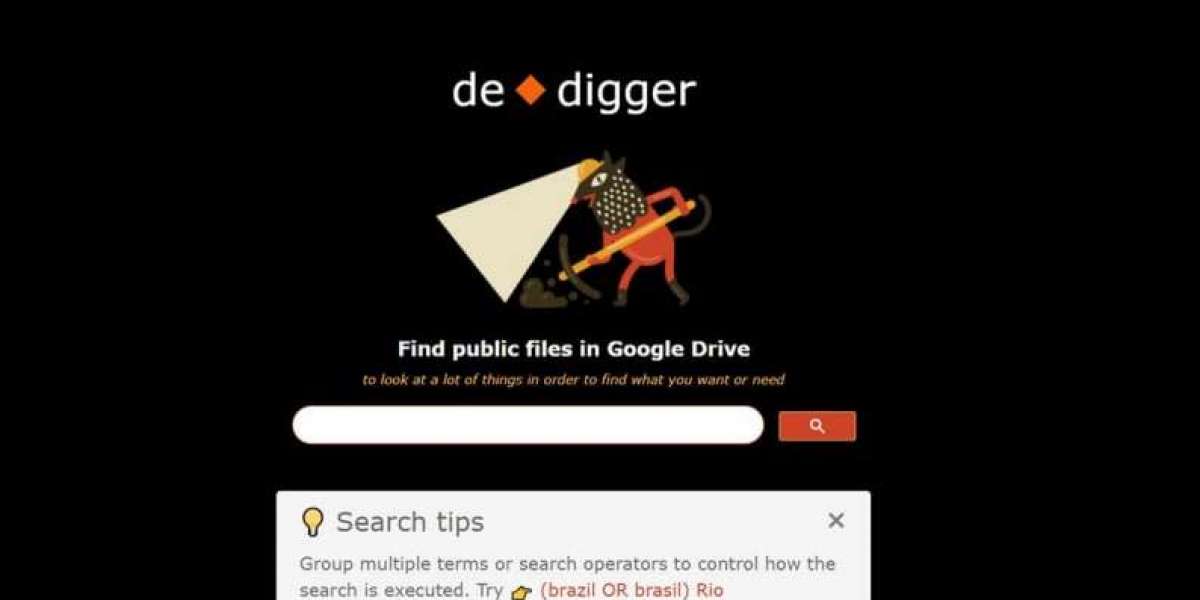JavaScript objects, a fundamental concept in the language, open the gateway to powerful data organization and manipulation. If you're new to coding, here's a quick primer on JavaScript objects, their syntax, and how they can supercharge your programming journey.
What is a JavaScript Object?
At its core, a JavaScript object is a collection of key-value pairs. This means you can store and access data using descriptive labels (keys) rather than numerical indices. Objects in JavaScript offer a flexible and intuitive way to structure information.
Creating Objects:
Creating an object is simple. Use curly braces {} to encapsulate key-value pairs, separating them with commas.
const person = { name: "John", age: 25, occupation: "Developer"};Accessing Object Properties:
Accessing data within an object involves using the dot notation or square brackets.
console.log(person.name); // Output: Johnconsole.log(person['age']); // Output: 25Adding and Modifying Properties:
Objects are dynamic, allowing you to add or modify properties easily.
person.location = "Cityville"; // Adding a new propertyperson.age = 26; // Modifying an existing propertyNested Objects:
Objects can contain other objects, forming a hierarchical structure.
const address = { street: "123 Main St", city: "Townsville"};person.address = address;Object Methods:
Objects can also contain functions, known as methods, which can perform actions or computations.
const calculator = { add: function (a, b) { return a + b; }};console.log(calculator.add(2, 3)); // Output: 5Conclusion:
JavaScript objects are your allies in organizing and managing data effectively. As you embark on your coding journey, understanding the basics of objects provides a solid foundation for more advanced concepts. Whether you're storing information about a person, building a digital address book, or creating interactive applications, JavaScript objects will be an essential tool in your toolkit. Dive in, experiment, and unlock the potential of objects in your coding adventures! Happy coding!







